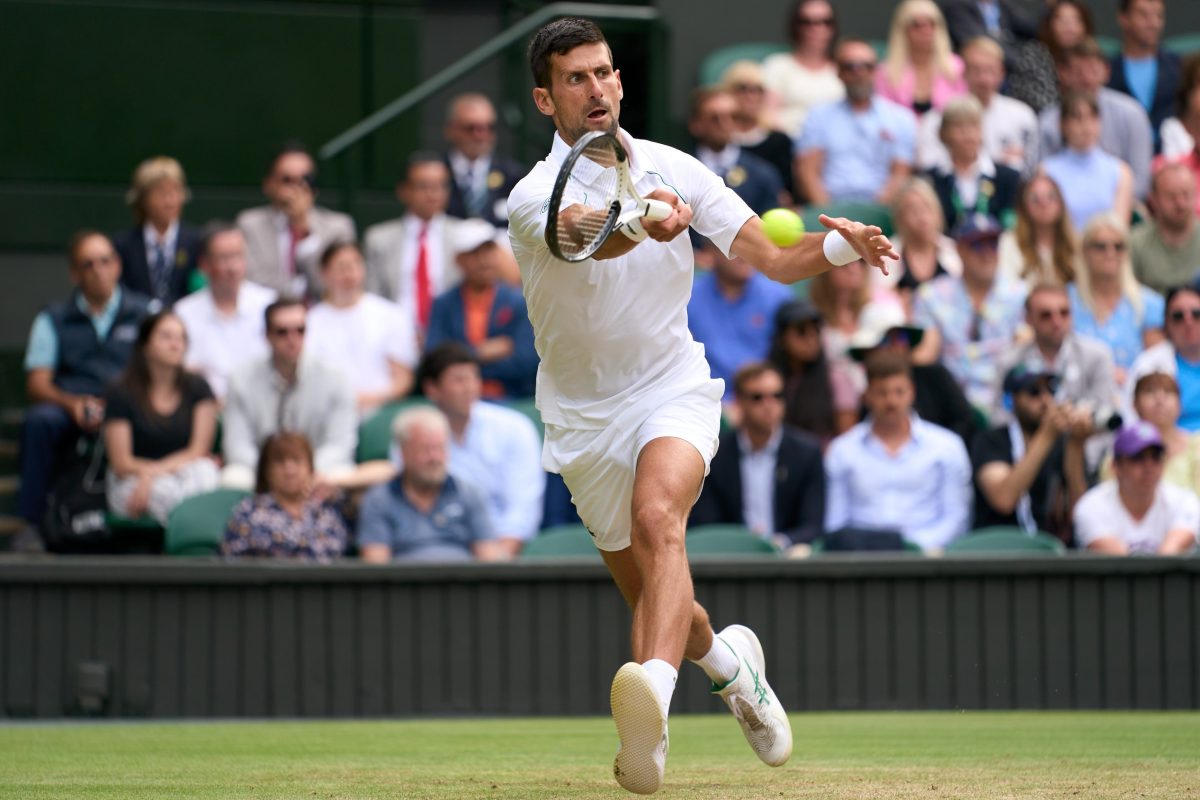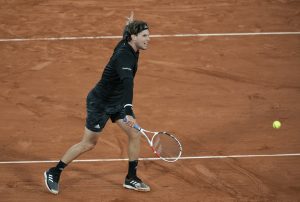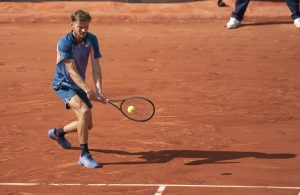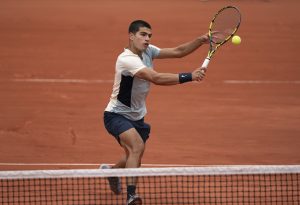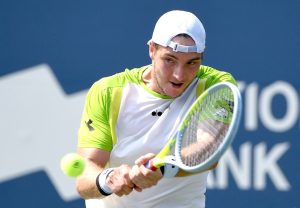Novak Djokovic, the 36-year-old Serbian great, will aim to win his fifth consecutive Wimbledon title this week. He has already surpassed Rafael Nadal by winning his 23rd Grand Slam title at the French Open, and another title-triumph at Wimbledon will only further reinforce his position as the most-accomplished male tennis player of all time. Djokovic already has seven Wimbledon titles, which is equal to Pete Sampras’ tally and only one less than Roger Federer.
However, both Sampras and Federer have different styles of play than the Serb. Both of them are a lot more comfortable going to the net and considerably more aggressive than the Serb, who prefers to stay on the baseline and wait for his opponents to make mistakes. However, there is more to it, and one cannot afford to make a gross generalization in this regard. Don’t forget that the Serb has beaten Federer thrice in Wimbledon finals, which gives him a great advantage over his rival as far as proficiency on the surface is concerned.
Novak Djokovic has evolved as a player:
To his credit, Djokovic has changed himself as a player over the past decade or so. His serve has improved considerably during the last few years, and it is also one of the reasons why he has won more Wimbledon titles in his thirties than in his twenties. He has become slower with age, but has made up for it through improved net-skills in the recent years. His exceptional athleticism allows him to bend down often enough to retrieve the low-bouncing ball on grass.
Moreover, his exceptional returning ability means that he is able to tackle opponents’ big serves, which is usually more of a weapon on grass, in a better way. Someone like Andre Agassi won the Wimbledon that way in the early 1990s from the baseline, and the Serb is better equipped than Agassi in almost every way. Moreover, a baseliner like Bjorn Borg won the Wimbledon title five times, which is two more than the tally of a conventional serve-and-volleyer like John McEnroe. Therefore, Djokovic’s credentials are not completely misplaced at the All-England Club.
Can anybody stop him in 2023?:
All his incredible abilities notwithstanding, the slowing down of the surface at the All-England Club has also contributed to Djokovic’s success there. The surface at Wimbledon is now considerably slower than in 1990s, when Sampras ruled the roost there. Had Djokovic had to contend with Sampras in his prime on the lightning-quick grass of 1990s, the results might have been different.
However, given the current conditions, only Carlos Alcaraz seems to have a realistic chance of stopping the Serb at Wimbledon this year. The likes of Frances Tiafoe and Felox Auger-Aliassime are too inconsistent, Daniil Medvedev is not comfortable playing on grass, Jannik Sinner and Andrey Rublev struggle to win big matches in Grand Slams, and Daniil Medvedev has made his return recently from a long lay-off. Even Alcaraz is least comfortable playing on grass among all the surfaces, his recent success at Queen’s Club notwithstanding.
Hence, unless any of his opponents come up with something special, Djokovic should be comfortably placed to win his 24th Grand Slam title in the third week of July. It will enable him to equal Federer’s record at Wimbledon and thus attain yet another milestone.
Our conclusion:
Nobody wins seven Wimbledon title without being good up to a certain extent on that surface. Yes, the slowing down of the surface has helped Djokovic, but he has also added more dimensions to his game with each passing year. The hallmark of a true champion is that he keeps making necessary adjustments to his game in order to survive the changing demands of the game. However, the competition that he has had to face during the last few years on grass cannot be compared to what Sampras faced (Boris Becker, Goran Ivanisevic, Richard Krajicek, Patrick Rafter) or even what Federer had to endure (Andy Roddick, Rafael Nadal, Lleyton Hewitt, and Djokovic himself). Even Borg had to contend with two all-time greats in the form of John McEnroe and Jimmy Connors to win his five Wimbledon titles.
Hence, even Djokovic’s three wins against an aging Federer cannot make up for the ineptness of the current crop of players on grass. Hence, he will come after Sampras and Federer and maybe, even Borg, in the pecking order of the greatest grass-court players of all time.
Main Photo


